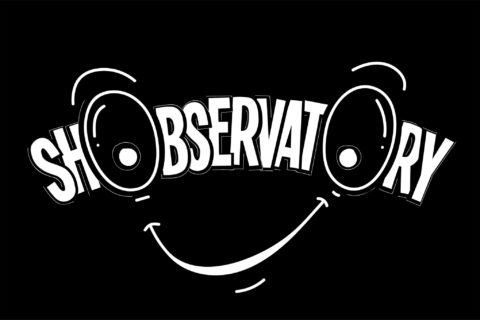Market research has a proud history of being able to survive, ride, and sometimes thrive, in response to the macro environment and industry-related change. Powered by technological, economic and social trends, three waves of change have shaped online communities to date.
Inception, c.2005
The catalyst for online communities was technological, with Web 2.0, 3G and wireless internet driving social and behavioural change. Using computers in our living rooms, we became comfortable talking to others in online forums. Online-savvy research agencies built platforms and methodologies to re-energise respondents who had tired of long surveys. Researchers discovered how to have richer, adult-to-adult conversations with them. Front-of-curve clients ready to embrace the new method delighted internal stakeholders with immediate feedback and lower costs. Within a couple of years, online communities were able to establish themselves as a bona fide market research methodology.
Over the next few years multiple community models emerged, defined by size and duration; short-term qualitative to long-term quantitative. Our long-term model involved anywhere between 1,000 to 10,000 participants. For the majority of clients this was the perfect formula; small enough to build relationships and do great qual, but big enough to do robust quant.
Growth, c.2009-2018
Economic forces came to the fore when The Great Recession put client budgets under pressure. Online community providers turned this to their advantage by blurring the classic speed-cost-quality trilemma of traditional research. Communities evolved to offer significantly faster and cheaper insights than traditional methods, and crucially at a ‘good enough’ level of quality to replace them. So began the second wave of change, the golden age of growth in online communities.
These ‘always on’ communities supported staged research, in an agile and iterative way. They afforded longitudinal learning at a participant/data level and an account level, with teams gaining knowledge about the clients’ consumer, category and business.
Evolution, now
Today we face new rules, new challenges and new threats. Under sustained economic pressure, clients’ needs are polarising. At one end, clients need faster and cheaper answers to simple problems. At the other end they need even higher quality, immersive research to help them break new ground. Technologically, AI, automation and cloud computing power offer greater speed, lower costs and the potential to work with Big Data. Socially, clients can take full advantage of ‘free’ insights on social media and passive data locked in our smartphones.
But can online communities remain relevant in this changing world? They can do more than just survive, they can thrive…if they can evolve. Communities need to retain some characteristics which made them successful; an opted-in sample and a continual relationship with the client. But communities need to give researchers access to a much wider range of methodologies and tools in order to take advantage of the new waves of technology and social behavioural change.
Within our own insight ecosystem, the areas we are evolving are how to ask questions, listen to organic conversations and observe human behaviour.
Ask. We need to change how we ask questions of the digital generation. Chatbots, swipe tools, tweets and emoji, all afford a higher level of participation than ever before.
Listen. Digital listening has come of age. Social intelligence combines organic social data with primary research and cultural context. Qual at quant scale is the new mantra.
Observe. Now more than ever there is a need to observe human behaviour to answer more immersive, strategic briefs and activate insight to drive business change.
Next?
The future is bright for online communities. Success is in their DNA, but they need to evolve into insight ecosystems to answer client challenges, which require both agile and immersive methodologies.
Researchers must likewise evolve to cope with current and future changes. They (and clients) need to embrace multi method, multi stage research programmes which put participants’ needs even closer to the fore. They must capture authentic, organic insight by listening to, and observing human behaviour, meanwhile breaking the bonds of traditional market research to be more human, more conversational, and more digital. Only through evolution will market research methods continue to help us understand people in an ever-changing world.


